How Local Counties are Driving the Future of U.S. Recycling – and Why More Investment is Needed
August 17, 2022
Situated in the northwest corner of the Upper Peninsula of Michigan, next to Lake Superior, Marquette County has been busy building a recycling system that works. For years, the County faced low participation rates in their recycling collection program that fed a dual-stream recycling system: one where residents had to sort recyclables themselves. Confusion among residents about what could be recycled, coupled with a facility that lacked capacity, challenged the viability of the system.
In 2021, Marquette County’s Solid Waste Management Authority (MCSWMA) decided to make a big change: upgrading its materials recovery facility (MRF) from a 1,500-ton-per-year dual-stream facility that could only serve Marquette County residents, to an 8,500-ton-per year – and growing – regional single-stream installation. The single-stream system meant that residents could put all materials in one recycling bin, since the facility could sort the recyclables instead. The larger capacity also meant that the program could serve not only Marquette County, but also other counties’ residential and commercial recycling. Partially funded through a $3 million interest-free loan from Closed Loop Partners’ Infrastructure Fund, the facility upgrade led to dramatic increases in recycling rates, improving the likelihood of materials being kept in the loop for longer, and locally. This kickstarted an improved recycling system for the County. But as Michigan’s recycling landscape rapidly changes, continued funding is needed if Marquette County’s recycling system is to evolve with it.
What Michigan’s recycling looks like today
Michigan is focused on developing its local economy through new manufacturing and industry – tied to its goal of building sustainable communities. Ensuring that there is robust access to recycling across the state, including processing capacity to manage the increased and changing materials flows, is a core part of this vision. Michigan Governor Gretchen Whitmer and the state Legislature are committed to raising Michigan’s recycling rate to 30% by 2025 and 45% by 2030, exceeding the national recycling rate of 32%. Achieving this goal requires investment across the recycling value chain – financing and supporting the scale of collection, ensuring that there is adequate capacity locally to process and sort these materials, and strengthening local end markets. Ensuring that materials are sorted and processed locally also lends itself to the state achieving greenhouse gas emissions goals, a key step to climate change mitigation.
Amidst the state’s constantly evolving materials landscape, even the most recently constructed or upgraded MRFs may be challenged to keep pace. High contamination rates continue to plague U.S. recycling systems. Materials that should not end up in the mix cause significant wear and tear on the equipment, in turn requiring regular investments from operators. Investments to fund capital equipment, technology and education are needed to ensure that a recycling system is operating optimally – keeping valuable resources in circulation and out of landfills and natural ecosystems. For Marquette County specifically, based on its facility’s design and the challenges and cost to hire manual sorters, investment in optical sorting technology is critical to moving forward. These could cost approximately $500,000 per unit, not including any potential retrofits needed.
How Marquette County is making waves in the recycling system
Operating with deep local roots, MCSWMA has actively sought ways to maximize the value of materials that are otherwise viewed as waste. In a state where landfill tip fees are relatively low, the County has been committed to identifying opportunities to reduce tons of material sent to landfill. This includes finding innovative ways to engage the public and raise awareness on contamination issues, especially those of biohazard waste that places their staff and team at risk.
As a strong advocate for expanding residential recycling access, MCSWMA has also enabled discussions on recycling access at local and regional government levels. By delivering state and other recycling infrastructure grant opportunities to their municipalities and assisting in the grant process, MCSWMA was able to deploy over 10,000 recycling carts in Marquette County, improving access to their recycling program. They have also played a critical role in advancing recycling education, with their website becoming a regional resource for recycling participants. Building on these milestones, they are now working with the regional planning commission to determine ways to continuously improve recycling education, access and participation in the area.
Collaboration between Marquette County and its neighboring counties has also been commendable. In fact, most of the tons processed at the County’s MRF is from out-of-county communities, and the team continues to strive to be a best-in-class hub for recycling in the region. The upgrade to a single-stream MRF was intended not only to serve the County’s 65,000 residents, but potentially the entire region’s population of approximately 200,000.
In May of this year, Marquette County was given an Excellence in Recycling award from the Michigan Recycling Coalition for all their work. Additionally, they are a finalist for Resource Recycling’s Recycling Program of the Year, for counties with 150,000 or less residents. Today, they are continuing their work, strengthening infrastructure to push more materials to their MRF, and ensure valuable materials are pulled through the system. They are currently partnered with Michigan Tech University (MTU) on a proposed molecular recycling project, which could help process more challenging-to-recycle plastic materials on site in Marquette County, utilizing technology developed by MTU.
“Previously, limited or no access to recycling and the lack of sufficient infrastructure resulted in recyclable materials being landfilled in Upper Michigan. We anticipate increased landfill diversion rates as more Upper Peninsula counties seek infrastructure funding to increase access to recycling services,” said Brad Austin, Director of Operations of the Marquette County Solid Waste Management Authority.
Why invest in Marquette County
Marquette County represents an important local solution to diverting valuable recyclable materials from Michigan landfills, and can serve as a blueprint for other similar programs across the U.S. The team that manages the County’s MRF, including Brad Austin, Director of Operations, is committed to building out a robust recycling system in the region.
Today, the momentum of investments into Marquette County is strong. Closed Loop Partners’ Infrastructure Fund, following its initial loan to the County, continues to build upon their partnership, closing their second (follow-on) loan to the MCSWMA in May 2022. The Infrastructure Fund’s second loan to the MCSWMA supported the purchase of a new eddy current that will not only improve the county’s mixed plastics bales as commodity markets near historically high prices for such materials, but will also allow the County to separate out valuable non-ferrous metals such as aluminum that are also able to command high prices in today’s markets.
Beyond the financing received from Closed Loop Partners, the MCSWMA has continued to identify grant funding sources to support smaller upgrades. However, the facility has grown much quicker than anticipated, and significant funding gaps still exist for the kinds of upgrades the facility now needs. This includes additional tipping floor and commodity storage space to enhance operational flexibility, and increase opportunities to recover and market additional commodities like aseptic cartons. Optical sorting technologies, and the construction associated with installing these, is also needed to maximize efficiency and complement their sorter staff. Ultimately, investments in these types of upgrades can bring the County closer to its goal of operating an efficient facility at capacity.
To date, investment in the County’s recycling infrastructure has proven to be a critical driver to a more efficient and resilient local recycling system. If Marquette County is to stay at the forefront of recycling, and play a key role in Michigan’s recycling goals, more capital needs to be catalyzed into the County’s recycling infrastructure to drive continued impact.
Interested in learning more about Marquette County? Contact Brad Austin at directorrecycle906@gmail.com.
Disclaimer:
This publication is for informational purposes only, and nothing contained herein constitutes an offer to sell or a solicitation of an offer to buy any interest in any investment vehicle managed by Closed Loop Capital Management or any company in which Closed Loop Capital Management or its affiliates have invested. An offer or solicitation will be made only through a final private placement memorandum, subscription agreement and other related documents with respect to a particular investment opportunity and will be subject to the terms and conditions contained in such documents, including the qualifications necessary to become an investor. Closed Loop Capital Management does not utilize its website to provide investment or other advice, and nothing contained herein constitutes a comprehensive or complete statement of the matters discussed or the law relating thereto. Information provided reflects Closed Loop Capital Management’s views as of a particular time and are subject to change without notice. You should obtain relevant and specific professional advice before making any investment decision. Certain information on this Website may contain forward-looking statements, which are subject to risks and uncertainties and speak only as of the date on which they are made. The words “believe”, “expect”, “anticipate”, “optimistic”, “intend”, “aim”, “will” or similar expressions are intended to identify forward-looking statements. Closed Loop Capital Management undertakes no obligation to update publicly or revise any forward-looking statements, whether as a result of new information, future developments or otherwise. Past performance is not indicative of future results; no representation is being made that any investment or transaction will or is likely to achieve profits or losses similar to those achieved in the past, or that significant losses will be avoided.
Related posts

Blog Post
How AI Can Reduce Food Waste at Restaurants
Closed Loop Ventures Group led the seed investment...
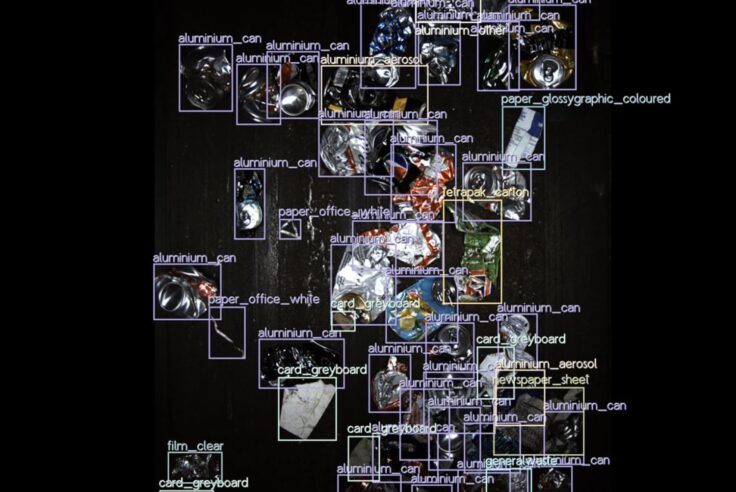
Press Release
New Data Reveals High Quantities of Food-Grade Polypropylene...
Closed Loop Partners’ Center for the Circular Economy...

Press Release
Closed Loop Partners and U.S. Plastics Pact Identify...
Packaging types primed for reuse lay the groundwork...
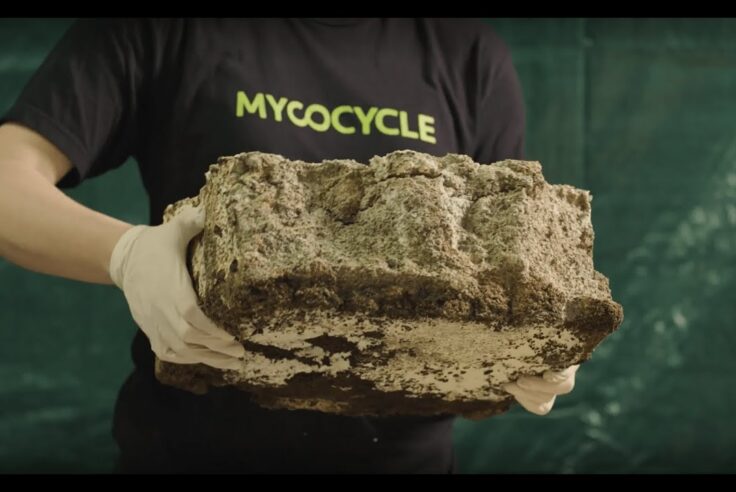
Blog Post
Why We Invested in Mycocycle: Nature-Inspired Circular...
Closed Loop Partners’ Ventures Group saw a key opportunity...
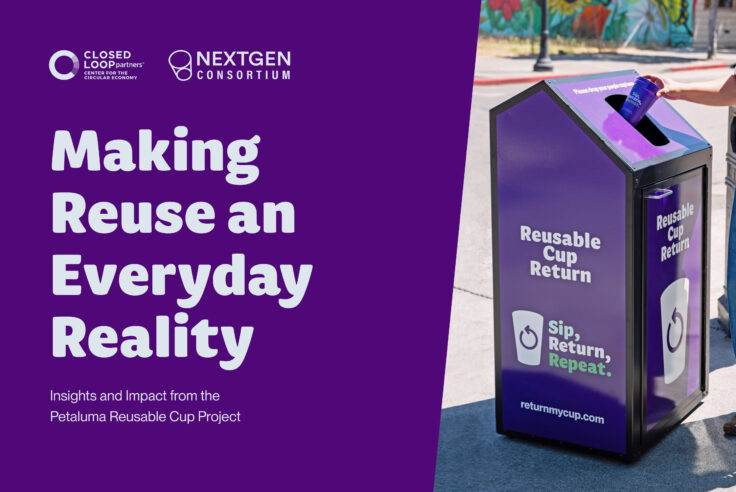
Press Release
Groundbreaking Results From Citywide Petaluma Reuse...
The Petaluma Reusable Cup Project from the NextGen...
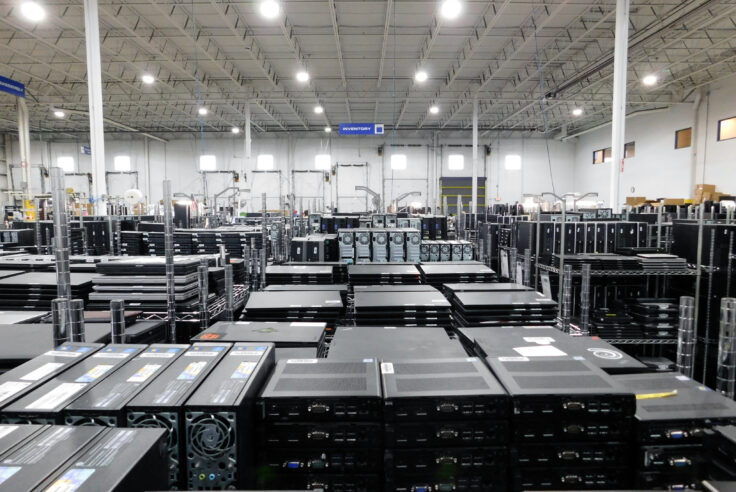
Press Release
Closed Loop Partners’ Portfolio Company, Sage Sustainable...
The bolt-on acquisition scales Sage’s end-to-end...

Press Release
Closed Loop Partners Unveils Groundbreaking Findings...
Closed Loop Partners’ Center for the Circular Economy...

Press Release
Capricorn Investment Group Backs Closed Loop Partners...
The partnership signals tailwinds behind the circular...

Blog Post
8 Tips to Navigate Life Cycle Assessments for Circular...
Closed Loop Partners’ Center for the Circular Economy...
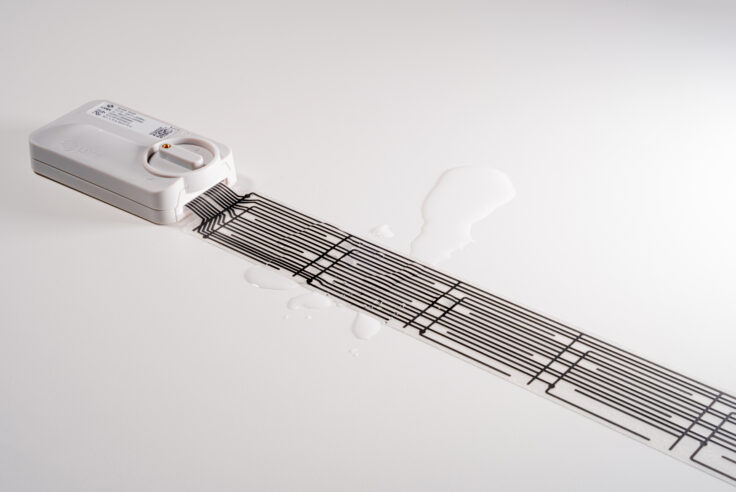
Press Release
Closed Loop Partners Leads $4M Seed Round for LAIIER,...
Investment in the innovative liquid leak detection...
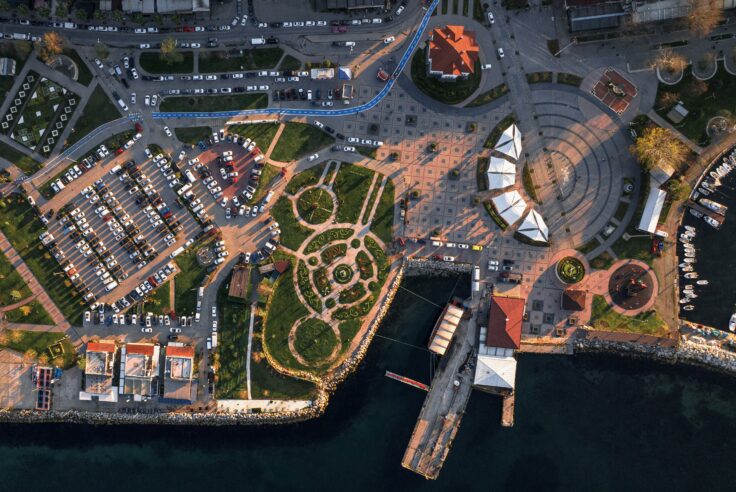
Blog Post
The Key to a Strong Local Economy? It Must Be Circular.
4 ways the circular economy unlocks local value.
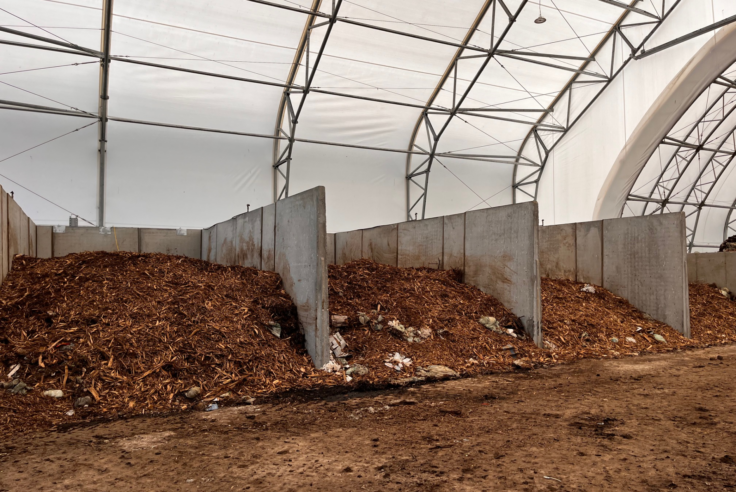
Blog Post
Why More Composters Are Recovering Food Scraps and...
Black Earth Compost and Glacial Ridge Composting Facility...
